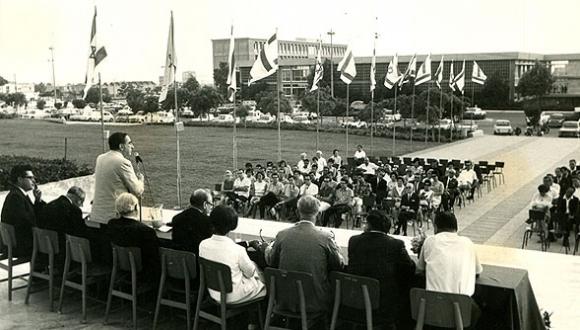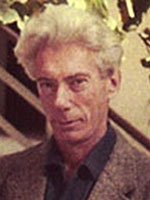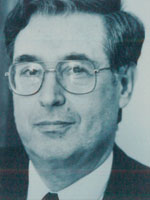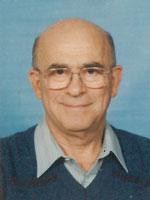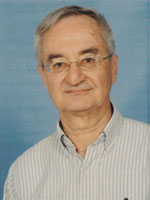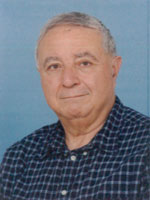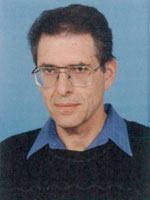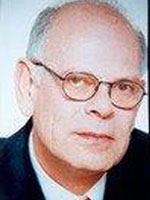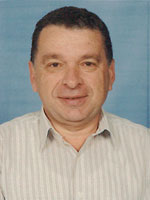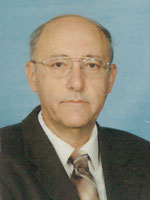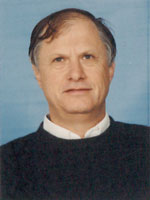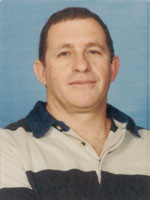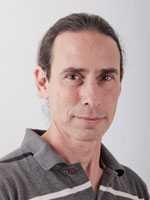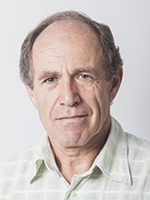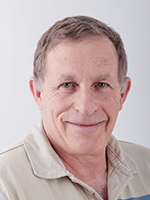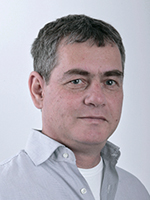Overview of the School
The Institute of Chemistry of Tel Aviv University was established in October 1964, when the University moved to its new campus in Ramat Aviv. The original structure was based on the traditional Western European model of four separate departments of inorganic chemistry, organic chemistry, physical chemistry and biochemistry. In June 1965 Professor Joshua Jortner was appointed as the Head of the Institute, starting the processes of reconstruction and recruitment of outstanding faculty members. In 1965 the Department of Chemistry of Tel Aviv University was established under the leadership of Professor Joshua Jortner.
The Department of Chemistry was based on the American model as a unified single department, which contained research and teaching laboratories in inorganic chemistry and electrochemistry, organic chemistry, physical chemistry and chemical physics. The unified structure of the Department of Chemistry, in contrast to the traditional structure based on fragmentation of the discipline to several departments, provided impetus for excellence in research and university training in the broad areas of chemical sciences. The unified structure allowed for extensive collaboration in research between faculty members in different fields, the establishment of joint research facilities, the setting up of joint technical-scientific services in different areas and their optical utilization, providing a basis for the training of chemists for research and industry, the training and the scientific education of graduate students within a broad scientific framework and the attraction of high standard scientific staff, encouraging the advancement of young outstanding faculty members.
The Department of Chemistry was based on an intensive integration between research and university training, on the autonomic academic structure of research independence of all the faculty members, on rotation between the senior faculty members in the function of the chairmanship of the department and its units, and on democratization of decisions concerning promotions and appointments.
Already during its initial evolutionary states, the accomplishments of the new Chemistry Department attracted national and international appreciation. In the 1960s the academic units of Tel Aviv University had to be approved by the Council of High Education. In 1967 the visiting committee of the Council (consisting of Professors Aharon Katzir, Amos de Shalit and Shneor Lifson) was appointed, in order to grant academic recognition to the new department. In addition, the Committee was asked to approve the bachelor degree. The recommendation of the visiting committee was to approve the bachelor, master and Ph.D. degrees. Since 1969 the Chemistry Department awards all the degrees in chemical sciences. Distinguished scientists, Heads of European Research Councils in France and Germany, visited the department during the late 1960s and considered it as a modern research academic structure in the areas of modern chemistry. When Professor David Ginzburg, one of the founding fathers of chemistry in Israel, lectured in a departmental seminar in 1970, he started his lecture by saying that he is very happy to visit the best department in Israel, but it requires real effort to maintain this status.
At the end of the 1980s the Chemistry Department was ranked according to the citation index as the first place in the world among the chemistry departments outside the United States. The H-index of the 500 most cited chemists includes two faculty members of the School of Chemistry.
In 1985 the University recognized the academic-research accomplishments of the Chemistry Department and granted it the status of the School of Chemistry, within the framework of the Raymond and Beverly Sackler Faculty of Exact Sciences of Tel Aviv University.
The future mission and function of the School of Chemistry will rest on the response to current major changes in the chemical sciences. These rest on the metamorphosis in the theoretical and experimental frameworks of the molecular sciences, reflecting the dominance of interdisciplinary scientific unification with the borders between the traditional research areas in chemistry being eroded. Consequently modern chemistry exhibits fast expansion of its borders between traditional disciplines spanning the realm of material sciences, environmental sciences and biomolecular sciences. Whenever molecular information is central and essential, this belongs to modern chemical sciences. The School of Chemistry of Tel Aviv University is planning to respond to these challenges.
Heads of the School :
|
1964-1965 |
1965-1972 |
1972-1976 |
||
|
1976-1980 |
1980-1984 |
1984-1987 |
||
|
1987-1989 |
1989-1993 |
1993-1997 |
||
|
1997-2001 |
2001-2005 |
2005-2009 |
||
|
2009-2013 |
2013-2016 |
2016-2019 |
||
|
2019-2022 |
|
2022-Present |
|
|

